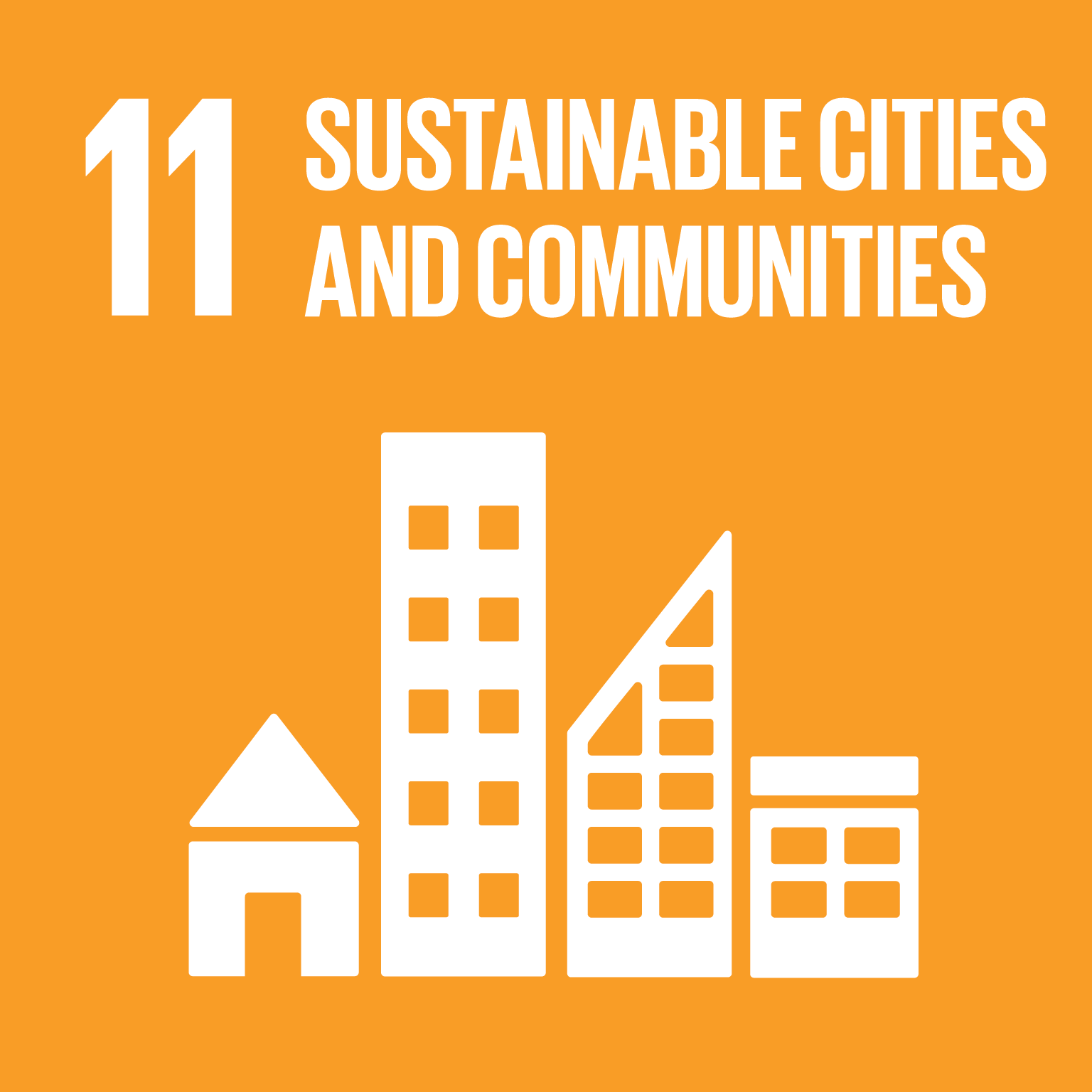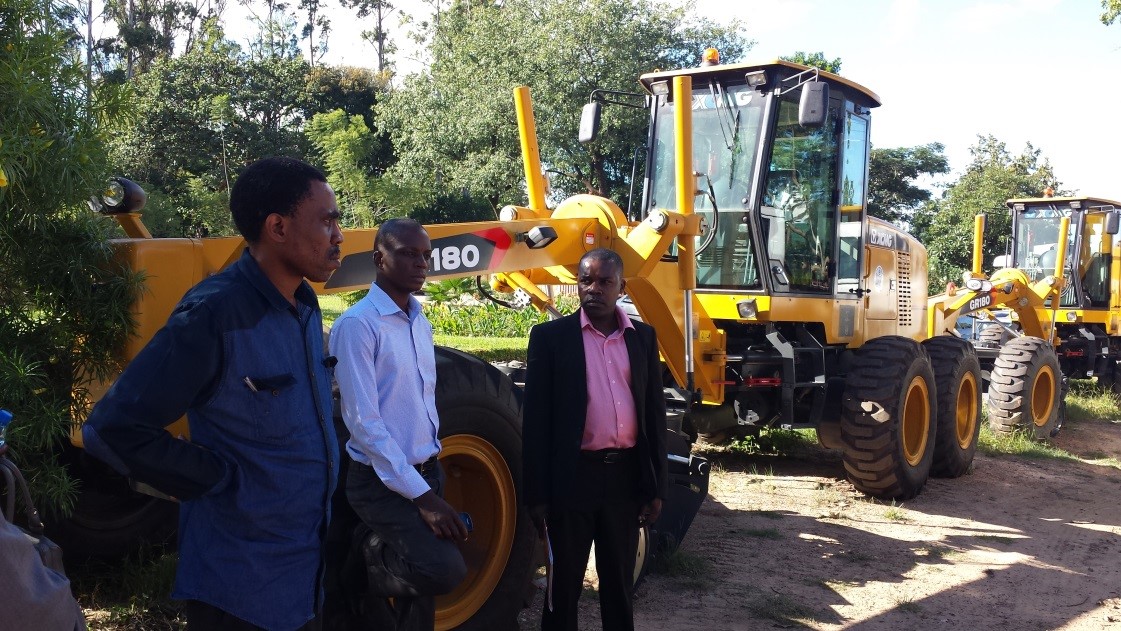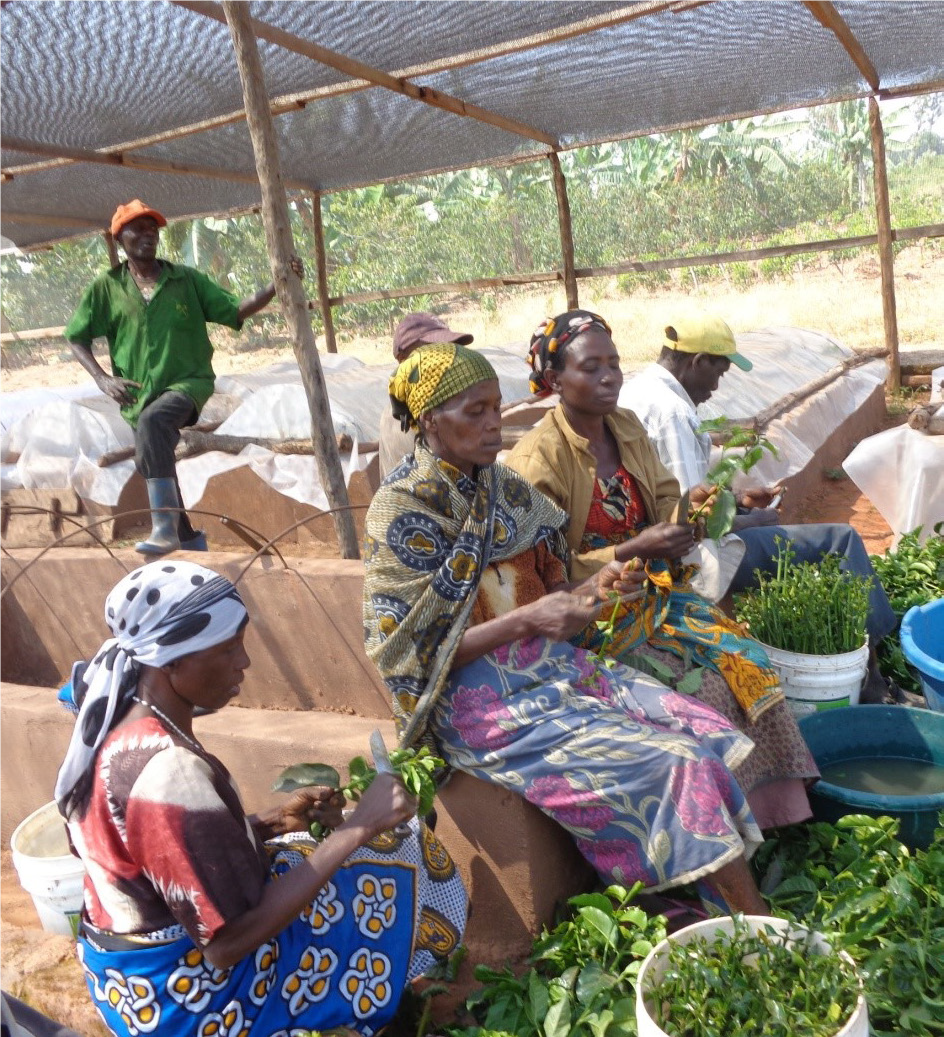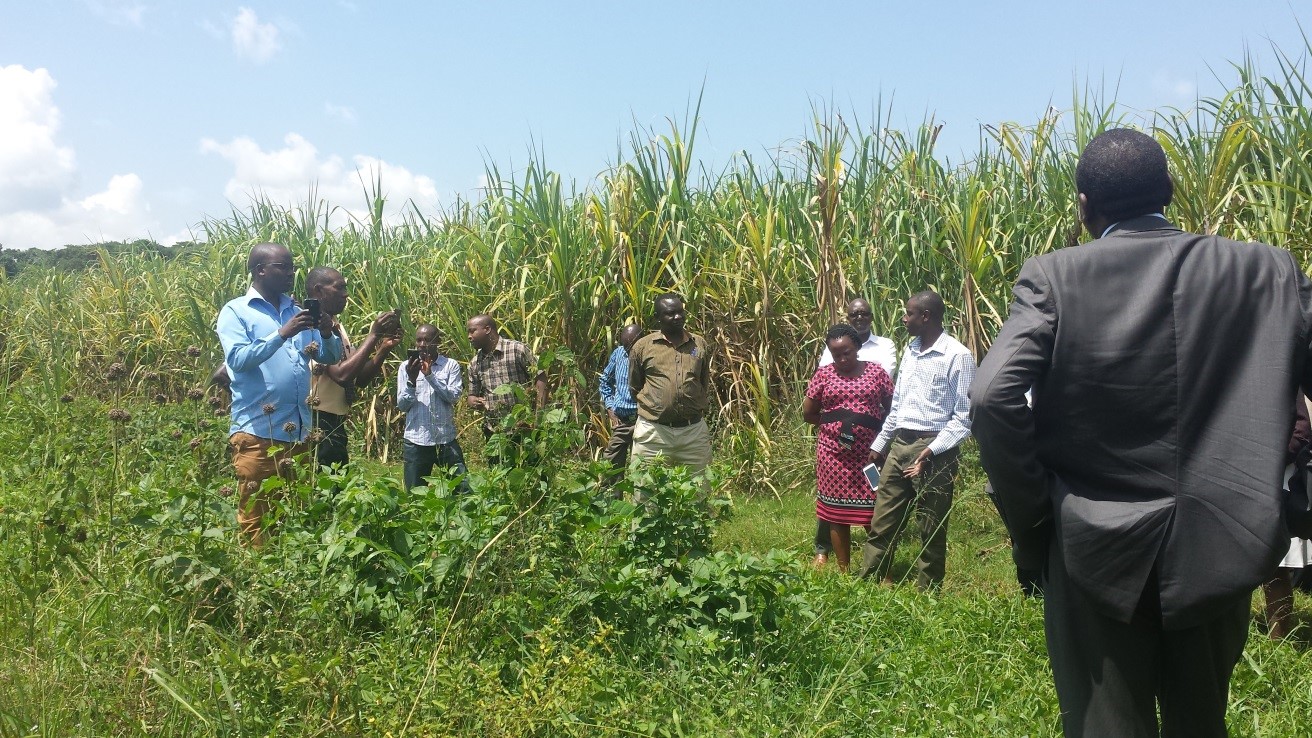 Advanced International Training Programme on Municipal Finance and Local Democracy across Five African Countries
Pioneering the proof of concept that greater impact in capacity development for local governments requires a hybrid of methodologies to unlock resource flows
Advanced International Training Programme on Municipal Finance and Local Democracy across Five African Countries
Pioneering the proof of concept that greater impact in capacity development for local governments requires a hybrid of methodologies to unlock resource flows
Challenges
A significant number of local governments in Africa do not have the requisite capacity and resources to discharge their administrative and technical responsibilities. The local government sector in most countries in sub-Saharan Africa faces the twin challenges of capacity gaps and unfunded mandates, despite decentralization. Consequently, the capacity to anchor sustainable local development, reduce poverty and achieve the Sustainable Development Goals (SDGs) remains a challenge. Given the lack of strategic national frameworks for skill development that respond to the specific capacity needs of the local government sector, the traditional response to this capacity gap has often been sporadic and disjointed project-based workshops.
Towards a Solution
The International Training Programme (ITP) is a partnership between the United Nations Capital Development Fund and the Swedish International Centre for Local Democracy. It targets South Africa, Uganda, the United Republic of Tanzania, Zambia and Zimbabwe and provides a national and regional response to decentralization reforms impacting the local government sector.
The ITP seeks to pioneer the proof of concept that greater impact and sustainability in capacity development for local governments is grounded in combining theoretical knowledge with practical approaches anchored in a change in management processes. It is structured and driven by change agents, who include leaders and decision makers at intermediate and high levels of government. Using decentralization as the policy framework, the ITP designs and implements change projects that contribute to accelerating the achievement of the SDGs.
The methodologies and tools are designed to foster South-South learning and collaboration by drawing on the experiences of each country. For example, when municipalities undertake learning visits in the host country, representatives exchange ideas with individuals from municipalities, research institutions and other organizations. Good practices are chosen and used to enrich the change projects. Participants attend interactive sessions facilitated by national experts from the participating countries and designated national mentors. They also participate in an exchange programme that draws on the experiences of municipalities in Sweden. The two-week phase in Sweden enables ideas to be exchanged between African and European municipalities.
Through this collaborative learning process, the participating countries develop partnerships and expand networks in support of local development and decentralized governance at various levels in their countries and region. The participation of national stakeholders is essential to discussions on governance and accountability, as they are able to hold public institutions and governments accountable.
During the 18-month training, each participant is expected to identify and work on a change project, with the support of the sponsoring institution and a designated mentor. The change projects allow for practical implementation of the theoretical knowledge articulated throughout the training. They are explicit interventions designed to achieve the planned outcomes and development impact of an institution, as defined in its mandate. The projects are therefore anchored within the sponsoring institutions and supported by senior managers.
The ITP is informed by a range of themes to empower local governments to accelerate achievement of the SDGs, particularly SDG 1 on poverty; SDG 5 on gender equality; SDG 7 on affordable and clean energy; SDG 8 on decent work and economic growth; SDG 9 on industry, innovation and infrastructure; SDG 10 on reduced inequalities; SDG 11 on sustainable cities and communities; SDG 13 on climate action; and SDG 17 on partnerships. The themes include local government finance, infrastructure development, food security, climate change, public financial management and human skills development. Each module incorporates gender equality, human rights and the environment as cross-cutting issues. Over 150 participants have graduated from the training, and over 50 change projects have been designed and implemented. For example, in the Chipinge municipality in Zimbabwe, the team is working on a change project to improve the participation of people living with disabilities (PLWD) in service delivery management and the decision-making of the municipal council. In the municipality, PLWD and children are often excluded from participating in local development and service provision by the local authority. As a result, they are forced to accept the services provided, even if these services do not address their needs. The change project is addressing these inequalities by raising awareness among the population, creating a database for PLWD, assigning PLWD to collect user fees and manage public toilets and cultural heritage centres. The funds are used to provide support to PLWD. Other examples from various municipalities include income-generating projects for women’s economic empowerment, improved local revenue collection and management, increased women’s participation in local government planning and budgeting, culture and tourism, solar energy, value added agriculture and the digitalization of municipal business processes and systems.
As a result of the ITP, tools and methodologies have been developed and tested. As the change project demonstrates their effectiveness, resources are increased by leveraging private resources with public funds for local development.
Policy impacts include a move from manual to digital local revenue collection, gender mainstreaming, public-private partnerships, improved policies on local government borrowing, a policy for the management and disposal of public assets, and physical planning. Cooperation agreements have been signed between municipalities and development banks to finance large projects, such as solar energy in Gutu, Zimbabwe. Individual municipalities have strengthened cooperation within and across borders in the region, as well as with municipalities in Sweden. There is significant potential for replicating the training in other countries, provided there is decentralized governance and the political will to initiate change.
Contact Information
Countries involved
Supported by
Implementing Entities
Project Status
Project Period
URL of the practice
Primary SDG
Secondary SDGs
Similar Solutions
| NAME OF SOLUTION | Countries | SDG | Project Status | |
|---|---|---|---|---|
Accelerating the Transformational Shift to a Low-Carbon Economy in Mauritius Towards supplying 35 percent of the country’s energy needs with renewables by 2025 |
South Africa, Sweden, Uganda, United Republic of Tanzania, Zambia, Zimbabwe | 05 - Gender Equality 09 - Industry, Innovation and Infrastructure 13 - Climate Action | Ongoing | View Details |
Accelerator Labs Network Following collective intelligence methods to address emerging sustainability challenges and the growing demand for local solutions |
South Africa, Sweden, Uganda, United Republic of Tanzania, Zambia, Zimbabwe | 08 - Decent Work and Economic Growth 13 - Climate Action | Ongoing | View Details |
Accessibility of Financial Services and the Private Sector in Africa Maximizing the impact of financial cooperation on economic development and industrialization in Africa |
South Africa, Sweden, Uganda, United Republic of Tanzania, Zambia, Zimbabwe | 08 - Decent Work and Economic Growth | Completed | View Details |
Accessible Digital Textbooks Promoting inclusive education through Accessible Digital Textbooks |
South Africa, Sweden, Uganda, United Republic of Tanzania, Zambia, Zimbabwe | 10 - Reduced Inequalities | Completed | View Details |
Adaptation of 3PA to Urban and Displacement Settings Using South-South and Triangular Cooperation in World Food Programme Three-Pronged Approach capacity strengthening through cross-learning initiatives |
South Africa, Sweden, Uganda, United Republic of Tanzania, Zambia, Zimbabwe | 02 - Zero Hunger | Completed | View Details |



